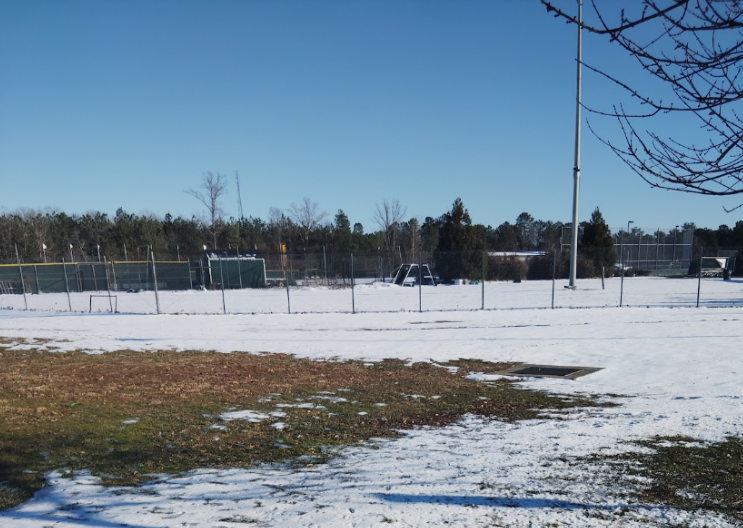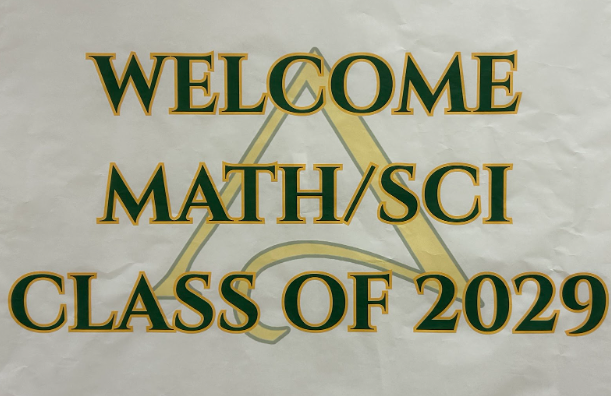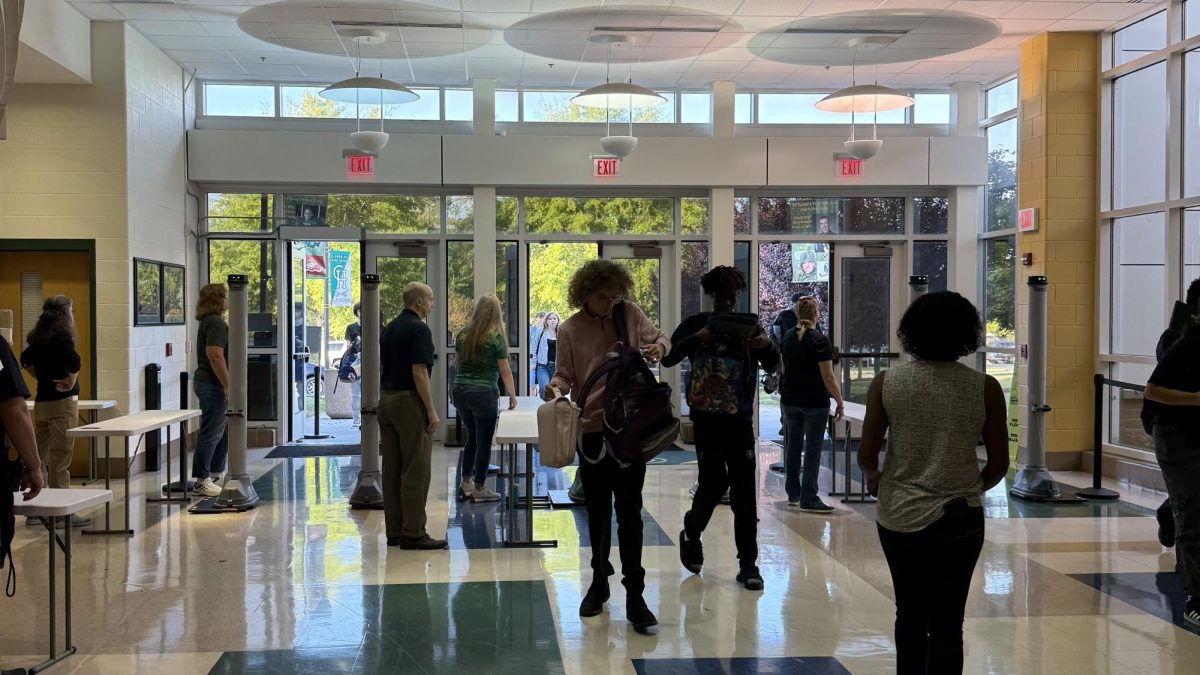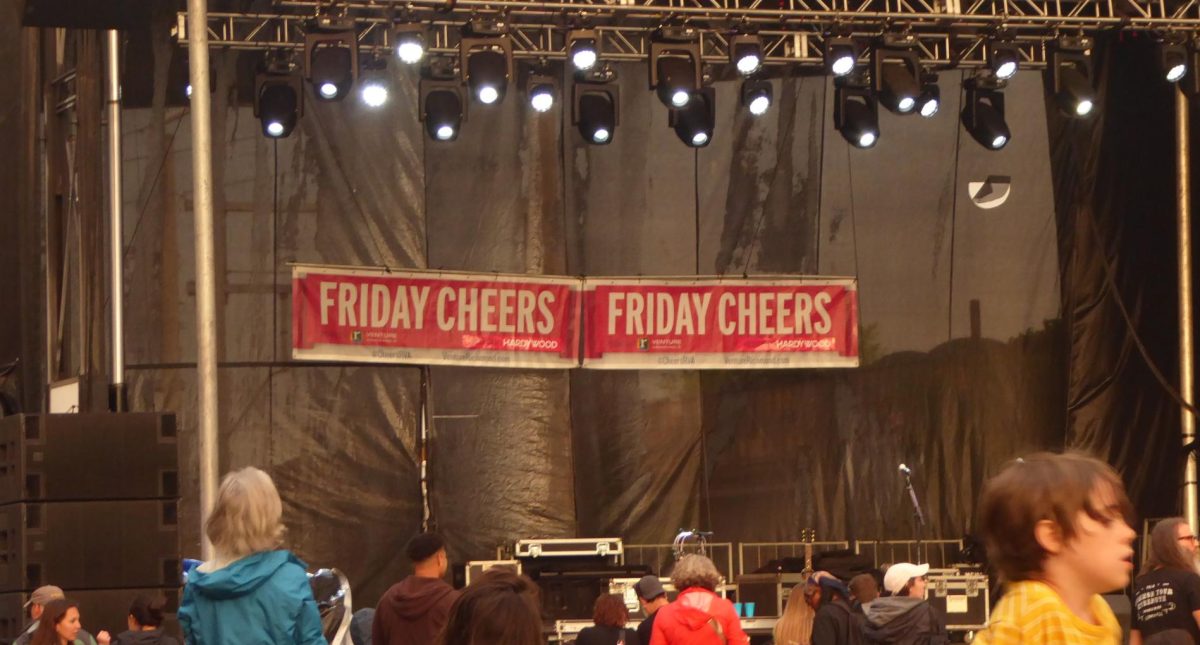Who stole Christmas away from the younger generation and the people who miss the nostalgic White Christmas? The main suspect is global warming.
As winter is in season, no sign of a White Christmas in Richmond was in sight until these past two weeks, around a week and a half after Christmas. Nearing the middle of December, temperatures across the state of Virginia reached highs of 80 degrees because the frosting season had not arrived yet.
Nicholas Braun, an astronomy and environmental science teacher at Clover Hill High School, suggests that the Earth goes through changes and that humans are included in it, and that human impact is a major cause.
“I think there are several factors. I think that human impact plays a large part in climate change, or is responsible for that. I also think that earth goes in cycles and humans have been on earth for a very short period of time from cycles of a higher climate,” Braun said.
Michael McMullen, an oceanography and science teacher at Clover Hill, expressed his concern for the younger generation, fearing that they will not experience snowfall especially due to high temperatures in the middle of fall.
“Even just from when I was in highschool ‘till now, you know, in the last decade or so, there has been a dramatic decrease in snow,” McMullen said. “It’s October 23 and it’s about 70 or 80 degrees outside.”
McMullen suggests that there are many factors adding to the rise of temperatures, and that the burning of fossil fuels and CO2 emissions are the most impactful factors.
“I think there are a bunch of factors, I think one of the major ones is the increase of CO2 emissions and the burning of fossil fuels,” McMullen said.
McMullen educates the younger generation about the effects of climate change by looking at other forms of pollution in his class and how it affects the earth.
“One of our big projects is looking at different forms of pollution, one of those is the increase of burning of fossil fuels, so I spent a couple weeks talking to my students on how the increase of burning fossil fuels can negatively affect the environment,” McMullen said.
Braun uses warm ups to educate his students on climate change, by looking at graphs, historical data, and trying to predict the future.
“In my classroom, a lot of my warm ups we do in class have to look at graphs and charts, looking at different ways we see things, analyzing historical data, and trying to predict what is going to happen,” Braun said.

Braun says that education is key to many issues and gives kids opportunities to see what is happening and changes in the world.
“Current issues and awareness of what’s happening in the world, helps the education is a key, to give kids the opportunity to have awareness and what’s happening to make changes,” Braun said.
McMullen believes that the younger generation is not ignoring global warming, especially because of their use of social media and easy access they have to the news.
“Because of social media and stuff, this younger generation is generally more aware of those bigger global problems, because they have more access to the news and other sorts of media,” McMullen said.
Braun also believes that the younger generation is aware that global warming, the energy crises, and the burning of fossil fuels has been increasing.
”I think the kids that are coming up, my own personal kids or my students, are well aware of the energy crisis and global warming. I think kids now are way more aware of the issue than 15 years ago,” Braun said.
As the tale of the White Christmas might be coming to an end, there is hope to keep future holiday season’s alive by using public transportation, recycling, and looking at your personal carbon footprint.
As December has passed and a new year has arrived, a new chapter of snow opens again. January has brought snow, as the weather moves around 24-42 degrees during the day, in the state of Virginia.







